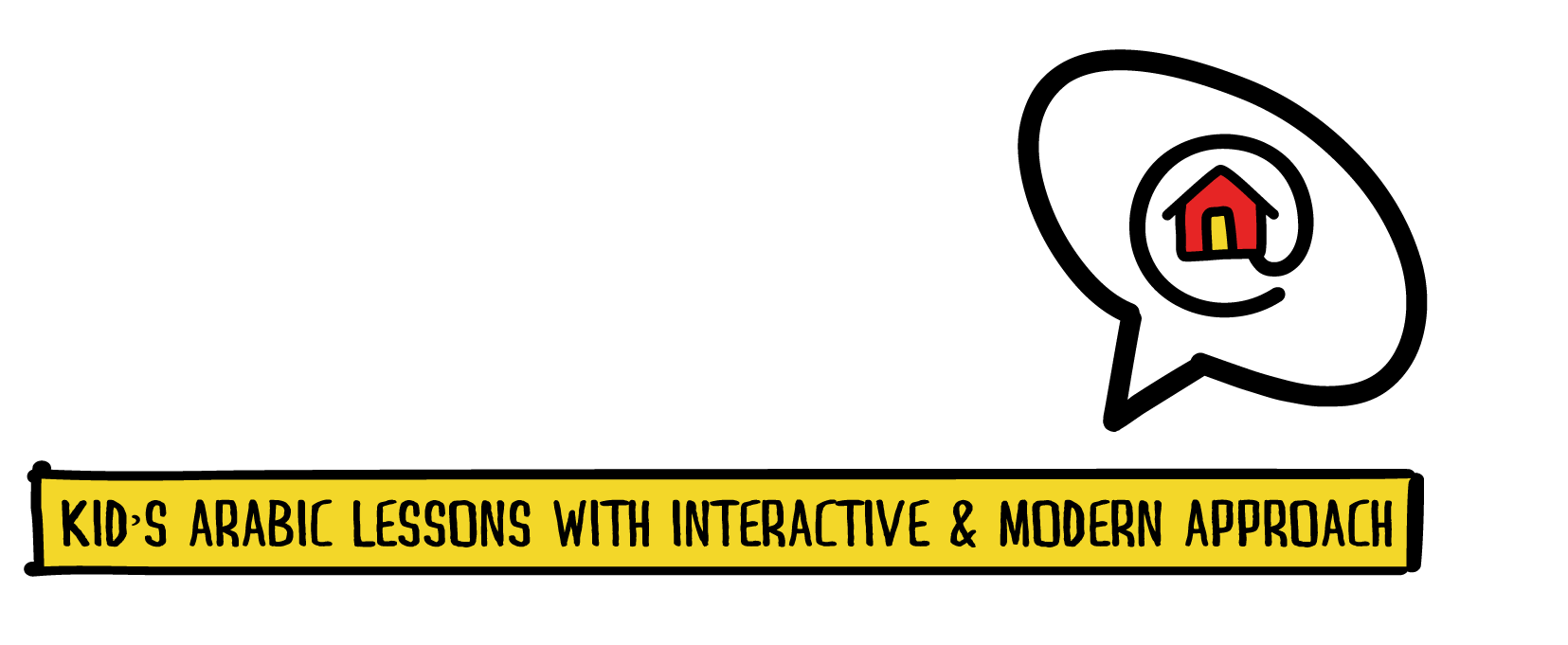How Bilingualism Benefits Children’s Thinking Skills
In the dynamic landscape of education, where the world is at our children’s fingertips, the significance of bilingualism takes center stage. As parents and educators, we aspire to provide our children with tools that not only empower them linguistically but also fuel the cognitive engines of their young minds. In this blog, we embark on a journey to explore how bilingualism, specifically through learning Arabic with Kalima, can shape and enhance children’s thinking skills.
Cognitive Symphony: Bilingualism as the Conductor
Just as a skilled conductor orchestrates a symphony, bilingualism, particularly through our online sessions, plays a pivotal role in harmonizing cognitive functions. Studies consistently show that bilingual children exhibit heightened cognitive abilities, excelling in tasks that demand problem-solving, critical thinking, and creativity.
Executive Brilliance Unleashed
The executive functions of the brain, akin to conductors directing an intricate musical piece, govern self-control, working memory, and cognitive flexibility. Through one-on-one online sessions, Kalima fosters a unique approach to teaching Arabic that goes beyond language proficiency. Kalima’s methodology nurtures essential executive functions by immersing children in the art of linguistic balance. As they navigate the linguistic nuances of both Arabic and their native language, young learners on the platform develop enhanced executive control—a cognitive prowess that extends beyond language acquisition.
Cultural Fluency: A Cognitive Kaleidoscope
Bilingualism isn’t merely a linguistic phenomenon; it’s a gateway to cultural fluency. This cultural immersion fosters a broader perspective, encouraging children to think critically about the world around them. The cognitive benefits of cultural fluency include a more profound understanding of diverse perspectives and an increased ability to connect ideas across different contexts.
Bilingualism: Problem-Solving Wizards in the Making
Bilingual children are akin to wizards in the realm of problem-solving. As children tackle Arabic language exercises and activities, their brains become adept at flexibly approaching problems—a skill that transcends language barriers and applies to various academic and real-life scenarios.
Conclusion1
Bilingualism isn’t just about speaking two languages. It’s like a brain booster for kids. As parents, creating a bilingual-friendly space sets the stage for smarter thinking. This journey isn’t just about learning words; it’s about giving kids the tools they need to tackle the twists and turns of our changing world. Cheers to the bright minds of our little learners! At KALIMA, we’re committed to fostering an environment where learning becomes a source of delight for children. By seamlessly blending interactive online learning platforms, games, immersive storytelling, and more, we infuse excitement into what could otherwise be mundane homework tasks. Nurture your child’s creativity and reach out to us to secure the very first Arabic Learning session with KALIMA! Feel free to call us at 96181701455 or drop us an email at info@kalima-lessons.com.
Recommended Reads: Effective Strategies for Building Your Child’s Arabic Vocabulary – Kalima (kalima-lessons.com)


